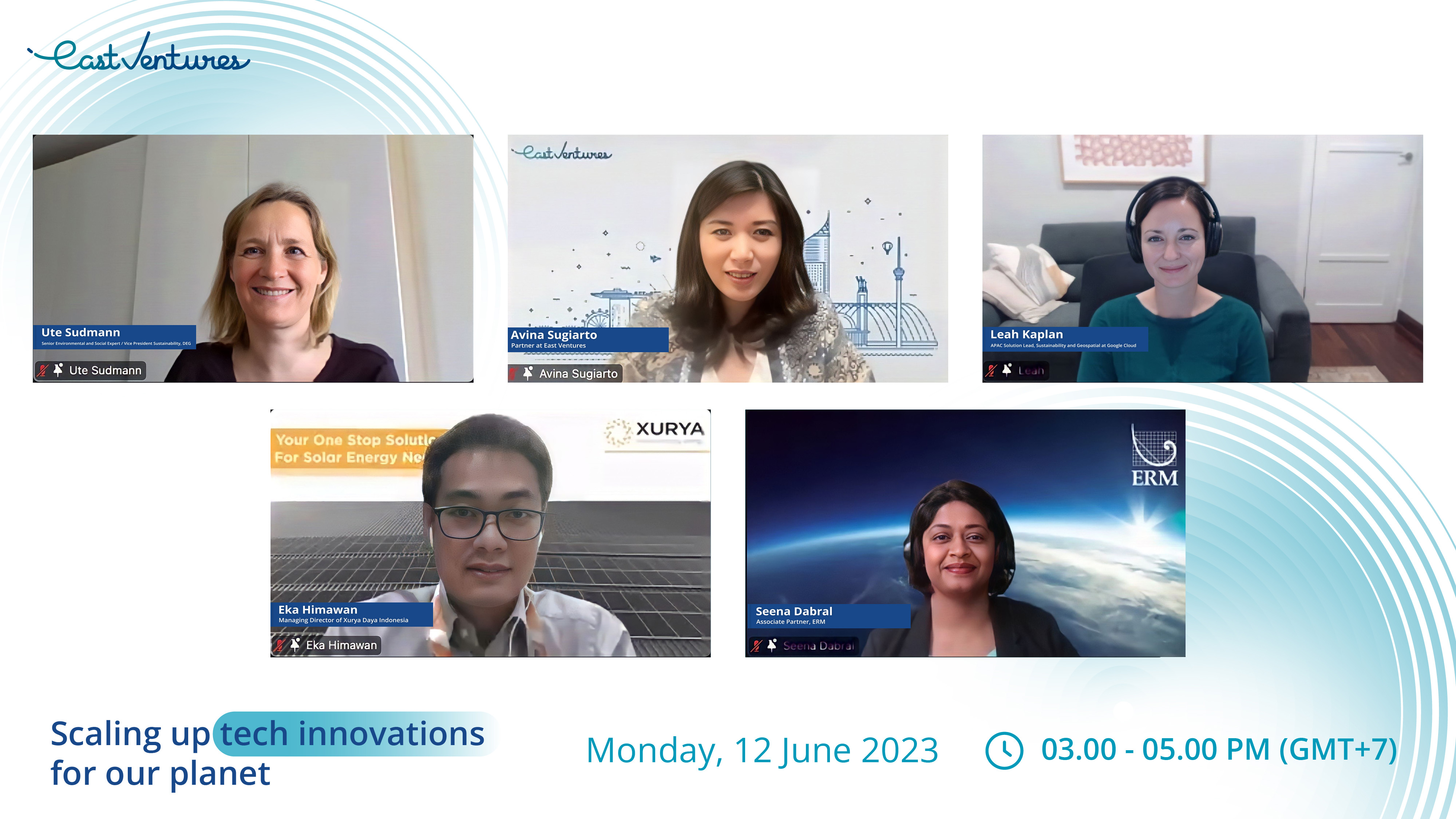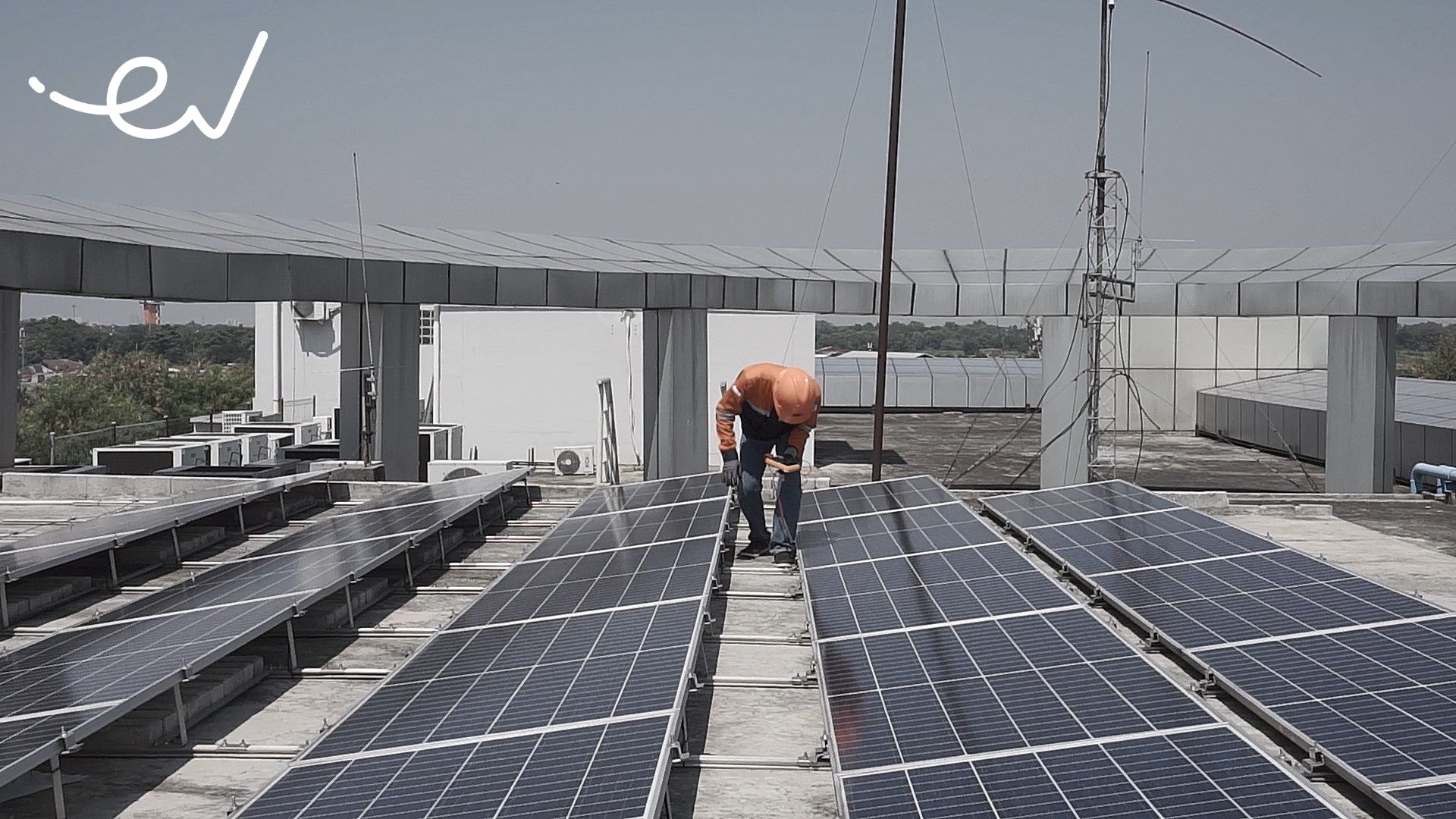From Portfolios
Inside Xurya’s journey to power the future with solar panels
Indonesia’s vast archipelago faces a critical paradox: while sunlight is abundant, the nation still struggles with limited access to clean, sustainable energy. Despite its wealth of natural resources, Indonesia remains heavily dependent on fossil fuels like coal and oil. This reliance accelerates carbon dioxide levels…











